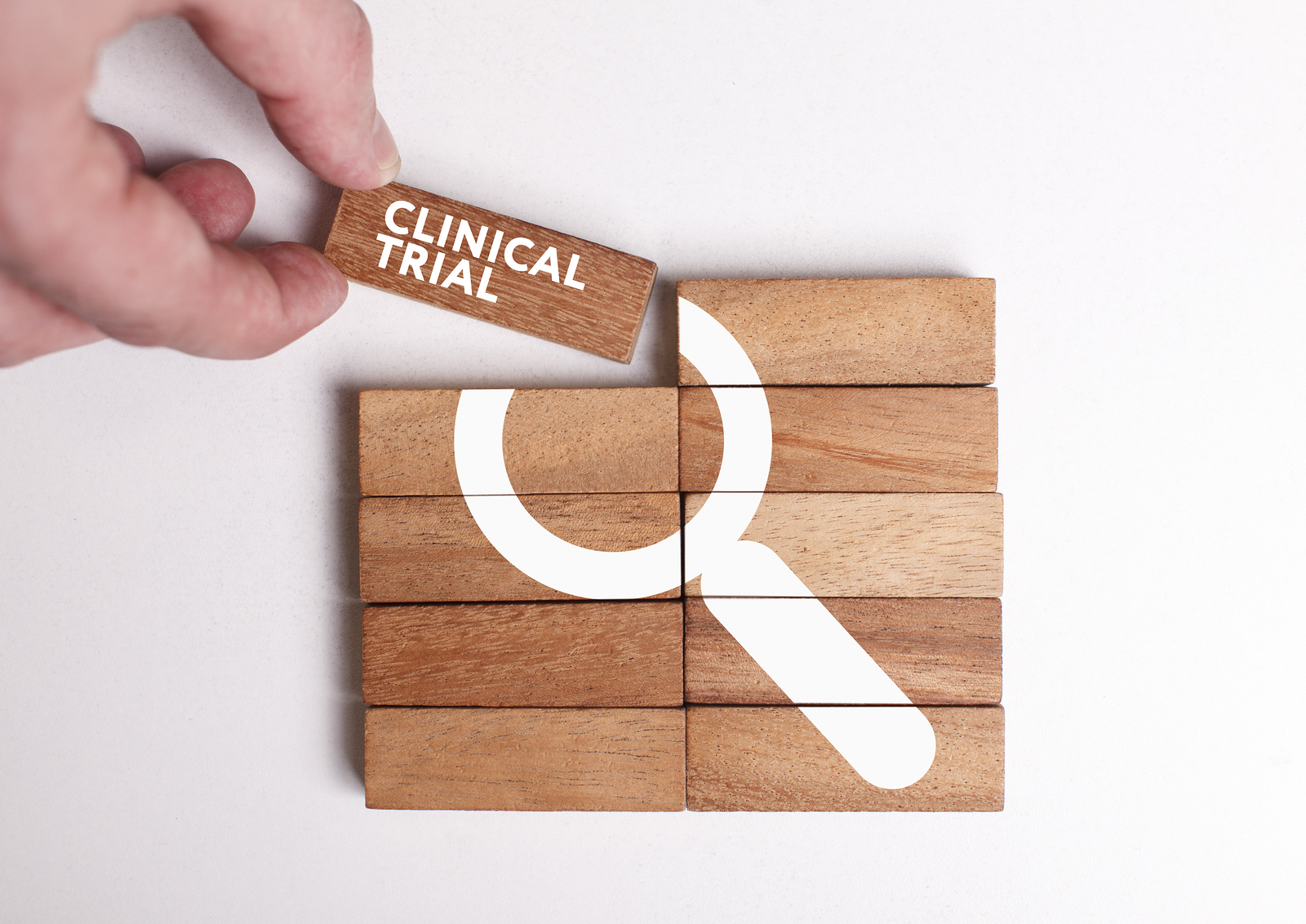
Over the past decade, ATTEND is one of only a handful of moderate to large-scale nonpharmacologic stroke recovery trials with a focus on rehabilitation. While unique in some respects, its test of superiority for the experimental intervention returned negative/neutral results, with no differences in outcome between the experimental intervention and an appropriate control group – a result not uncommon to the majority of moderate to large stroke rehabilitation intervention trials (i.e. six out of eight conducted in the past decade).
The authors offer a number of potential explanations for the negative outcome, all of which have merit. We choose not to dwell on these possibilities, but rather offer a radically different explanation, one which has implications for future rehabilitation clinical trials. Their premise is that the process of neurorehabilitation is complex and multifaceted, but most importantly, for success, it requires a genuine collaboration between the patient and the clinician or caregiver to effect optimal recovery. This collaborative relationship must be defined by the unique perspective of each patient. By doing so, ATTEND acknowledge the importance of the individual patient’s values, goals, perspectives, and capacity. Rehabilitation scientists can design what arguably is a scientifically sound intervention that is evidence-based and even with preliminary data supporting its efficacy, but if the patient does not value the target outcome, does not fully engage in the therapy, or does not expect the intervention to succeed, the likelihood of success is poor.
The authors offer this opinion, not to be critical, but to suggest a paradigm shift in the way in which we conduct stroke recovery and rehabilitation trials.
No comments:
Post a Comment